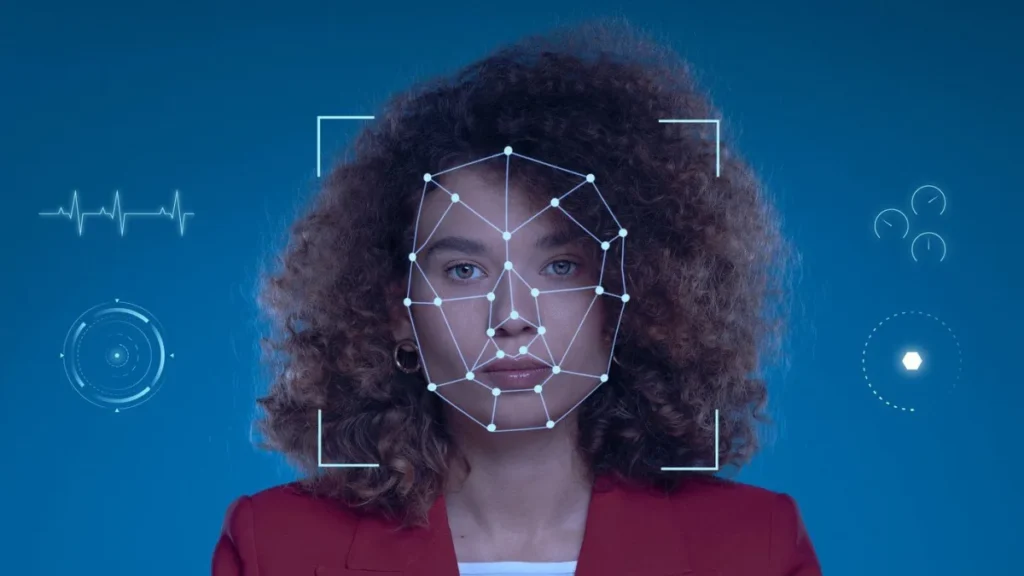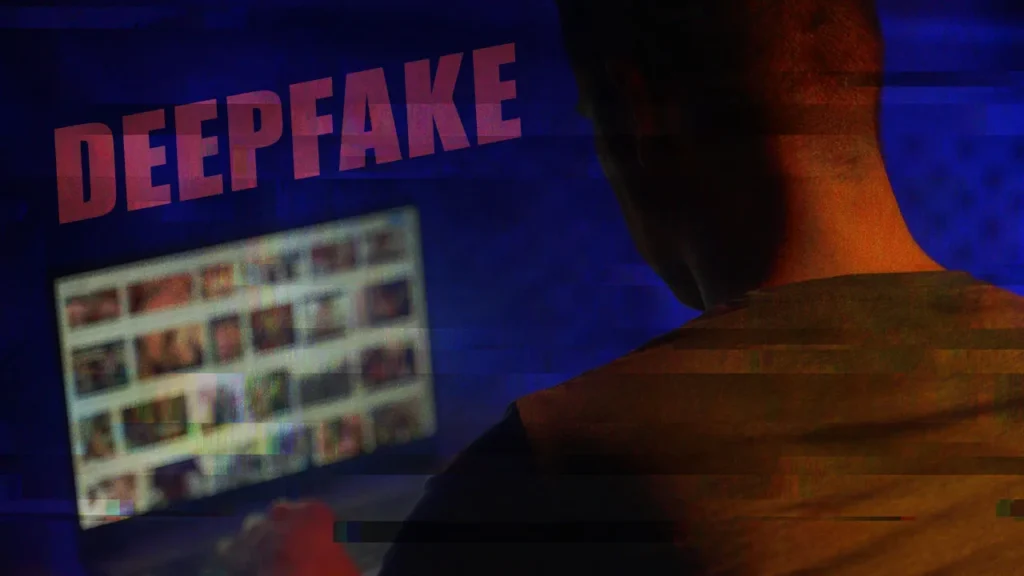The British government announced on Tuesday that creating and sharing sexually explicit “deepfakes” will soon become a criminal offense, addressing a sharp rise in the use of this technology to target women and girls.

Deepfakes are digital creations—videos, images, or audio clips—generated using artificial intelligence to appear authentic. This technology is often exploited to superimpose someone’s likeness onto explicit content without their consent.
While Britain outlawed revenge porn in 2015—criminalizing the publication of intimate photos or videos without consent and with intent to cause harm—those laws do not currently extend to fabricated images or videos.
Data from the UK-based *Revenge Porn Helpline* highlights the urgency of the issue, reporting a staggering 400% increase in deepfake-related abuse since 2017.
In response, the government plans to introduce a new offense targeting the creation and dissemination of sexually explicit deepfakes. Those found guilty could face criminal charges and prosecution for both producing and sharing such content.
“There is no excuse for creating a sexually explicit deepfake of someone without their consent,” the Ministry of Justice stated.

The initiative revives plans introduced by the previous Conservative government, which proposed making deepfake-related abuse a criminal offense punishable by fines or imprisonment. The details of the new law, to be developed by the current Labour government, are expected to include similar penalties.
In addition to criminalizing deepfakes, the government aims to address other forms of image-based abuse. New offenses will target the non-consensual taking of intimate images and the installation of equipment intended to commit such acts. Perpetrators could face up to two years in prison under these new measures.
Victims Minister Alex Davies-Jones condemned deepfake abuse, calling it a “demeaning and disgusting form of chauvinism that must not become normalized.”
Technology Minister Margaret Jones emphasized the role of tech platforms in curbing this abuse, warning that platforms hosting abusive content will face stricter scrutiny and significant penalties.
The government has yet to specify when these new laws will be introduced, but officials stress that they reflect a commitment to safeguarding individuals, particularly women and girls, from technology-driven exploitation.



